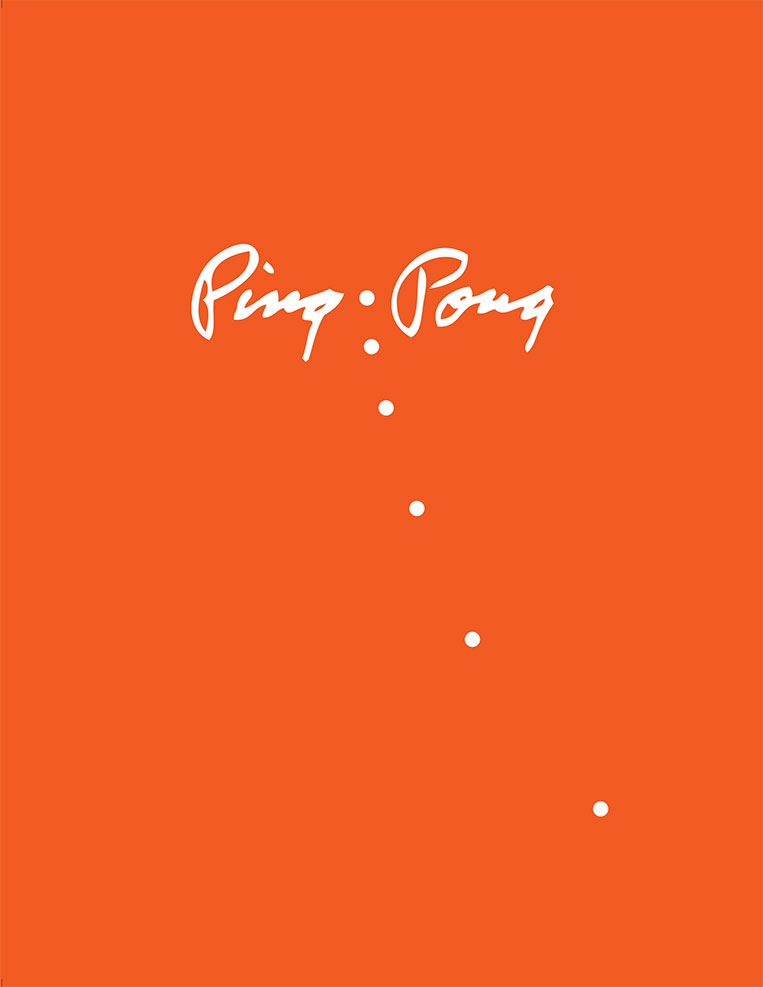
Letter from the Editor 2014
Dear Reader,
Let me begin with a meditation: speech is not free, someone has paid the tab for you. This year we mark the 50th anniversary of the 1964 overturning by the Supreme Court of an earlier ruling which found the Tropic of Cancer, by Henry Miller to be obscene. Henry says:
It may be that we are doomed, that there is no hope for us, any of us, but if that is so then let us set up a last agonizing, bloodcurdling howl, a screech of defiance, a war whoop! (Tropic of Cancer)
In 1957, Allen Ginsberg’s, Howl would triumph over the censors in yet another landmark case for free speech. Our world is again in a period of censorship, from perhaps the most absurd act being a push to do a kind of color coding of college books in an effort to be “sensitive,” to the more pervasive evil of state censorship. I say, fuck all that.
There are many reasons less explicit why writers are banned, imprisoned, or even killed for their words. Enter the early 20th century Russians, many of whom supported the Bolshevik Revolution. The problem that began to arise is the recognition that literature is not just a product of labor, it also does labor, and in the case of Lenin and Stalin, and now Putin, this always seems to equal propaganda.
In this issue of Ping-Pong (which does a bit of work itself) we feature Russian writers both past and present. Anna Akhmatova’s poetry was banned from 1925-1953 as a threat to the social order. Akhmatova was labeled “alien to the Soviet people” for her “eroticism, mysticism, and political impartiality.”
She watched her friend, the brilliant poet Osip Mandelstam, brutally arrested (he later died in a Siberian prison-camp). She endured the death of her husband, and the imprisonment of her son. She was exiled and penniless until the death of Stalin. She would have died without the help of other artists such as no less a personage than Boris Pasternak.
Also featured in this issue is Futurist poet Vladimir Mayakovsky who Akhmatova met at the St. Petersburg literary club “Brodyachaya Sobaka” (Stray Dog) when they were first starting out. His works found an audience in Stalin which Pasternak said was both Mayakovsky’s blessing and his curse. Mayakovsky killed himself in 1930, and his writings were later coöpted by the state, who many believe (his daughter included) was responsible for his death.
Daniil Kharms only saw two of his adult poems published during his lifetime; Symbolist poet Alexander Blok died of a heart condition after Lenin refused to allow him to leave the country for medical treatment fearing he would speak against the state.
In an interview with Alice Notley in this issue, we are reminded that for many contemporary American writers there may be a kind of social amnesia, she says, “it’s not like we’re standing in front of that building for two years waiting for news of a son. Nobody’s lives are very hard, but on the other hand everyone acts as if they are.”
Speech is still not free, contemporary Russian poet Ilya Kaminsky reminds us of this in his poem, “We Lived Happily During the War,”
in the street of money in the city of money in the country of money/our great country of money, we (forgive us)/lived happily during the war.
Toni Morrison says it is the job of the free to free others. We can do this by supporting other artists and those others working for change. We need to do this now more than ever, we need to do it today. We here at the Henry Miller Memorial Library are doing it now, join us.
Hot frogs,
Maria Garcia Teutsch


I think that when literature is banned it calls more attention to people, because us an audience we like to know detailed what is wrong that the author wrote to evaluate ourselves according to our beliefs and see if it really is worth it to band it.
It is also some kind of deviant behavior humans have to do see or look for things have been prohibited from us.
I had no idea so many readings were being banned. Some of the things shown on television should be banned. The thing is, people are not being forced to read it. I do see how this could draw more attention towards the banned readings. It is like telling a child not to do something… it just makes them want to do it even more. Poetry and writing should be practiced as a freedom of speech.
It is interesting how, when something is banned, can create even more curiosity. People want to know why something whether it be a poem, show, or article is causing an uproar. The people that ban something often unintentionally create interest, and often the opposite happens. Instead of people become an audience.
It seems childish to ban certain literature because it is either too sexual, graphic, violent, questioning or truthful. If anything history has shown us how life and people have been sensitive so why bother covering up sensitive material. One of my favorite works of literature which I believe was banned is “The Awakening” by Kate Chopin.